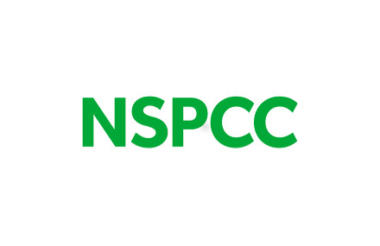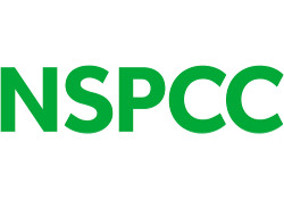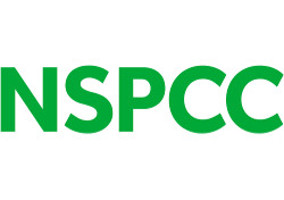A Conservative member of the House of Lords has criticised the NSPCC for a lack of transparency about its research into child abuse, during a fringe event at the Conservative Party Conference yesterday.
Lord Lucas of Crudwell and Dingwall was speaking at an event organised by the Charities Aid Foundation on the subject of charities and technology.
He said that artificial intelligence could make charities more transparent and singled out the NSPCC for criticism in this regard. He said the charity routinely sent out “press announcements about research” well ahead of the research itself.
Lord Lucas said this makes it difficult to be in a “position to question them” and that some of the NSPCC's research in the past had problems. He went so far as to accuse the charity of having a "dubious" relationship with the truth.
He said he suspected it was about “raising money”.
He told Civil Society News that he had tried to raise his concerns with the charity over a number of years but had not had a response.
For its part, NSPCC said it "totally refuted" the allegations.
"We're baffled by Lord Lucas's reported remarks and we have no idea what research he is referring to," a spokesman for the charity said.
"We would have thought it rather obvious that the reason we talk about the NSPCC's work in the media is to raise awareness of our cause and encourage support in the fight for every childhood. Everything we say is backed up by evidence.
"We are transparent about our work and we publish information on how the public's money is spent on our website."
AI could have stopped Kids Company
Lucas also told the audience that AI is good for “getting to grips with a lot of information and making it accessible”.
He said that this could have helped to prevent some of the issues with Kids Company - which collapsed in 2015 amid concerns that it was claiming to support more children than it was.
“With Kids Company the real problem was that information was not getting out there,” Lucas said.
He added that it could also help to identify “zombie charities” which have stopped “achieving anything”.
Lucas said that making information about how charities operate more readily available to the public would in turn help to identify ways they could improve and see areas they could be collaborating more.
“People getting an understanding of what is going on would be a great help,” he said, and would enable people to challenge issues.
At the moment he said some charities “assume that they can do what they want” and there needs to be “more responsibility for how they talk” and have a “better flow of information”.
He said: “I look forward to the effects of AI on charities.”
|
Related articles














